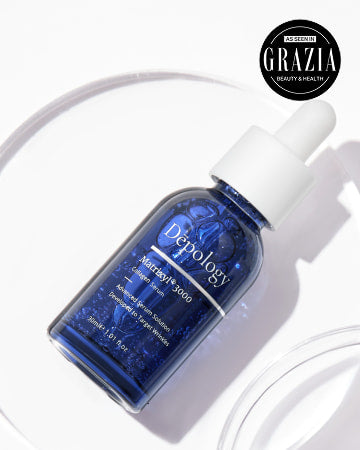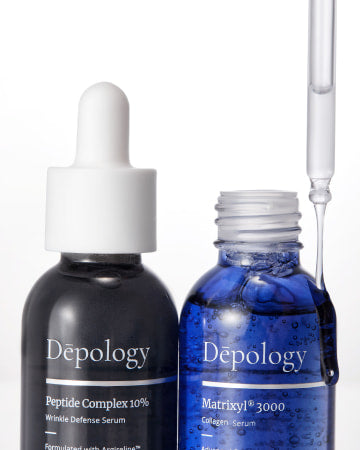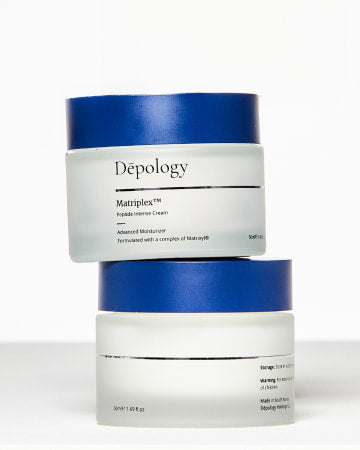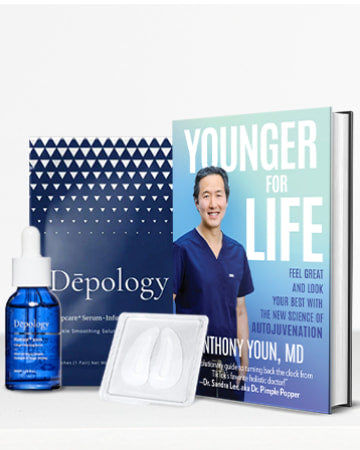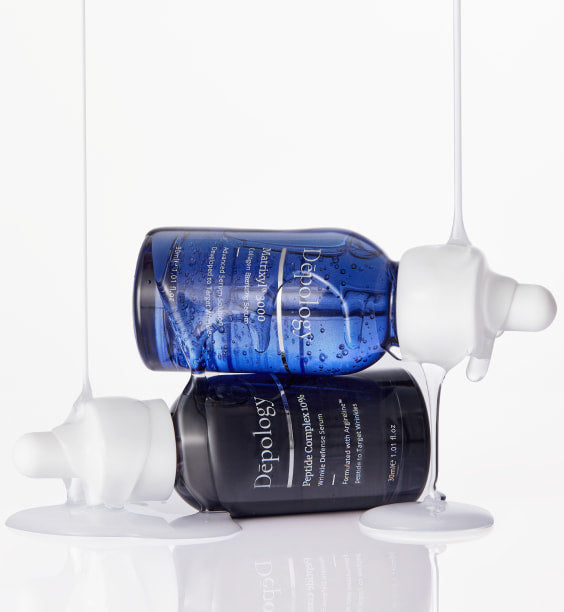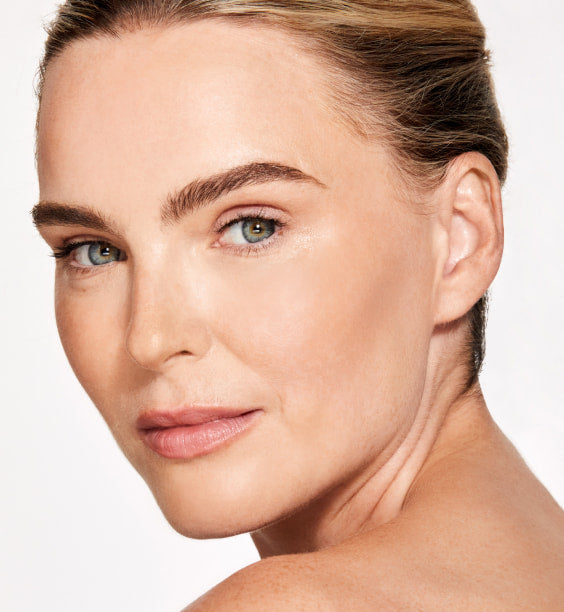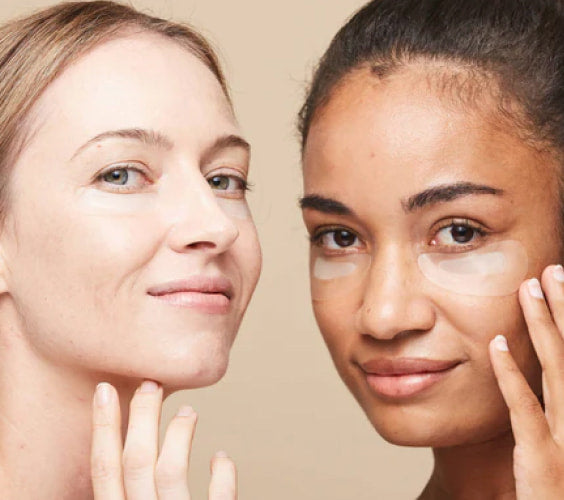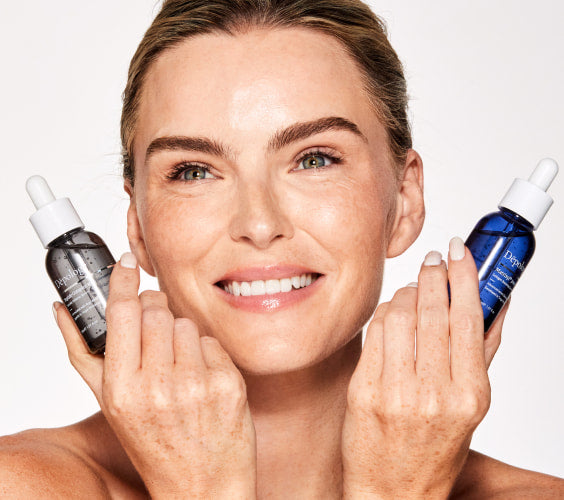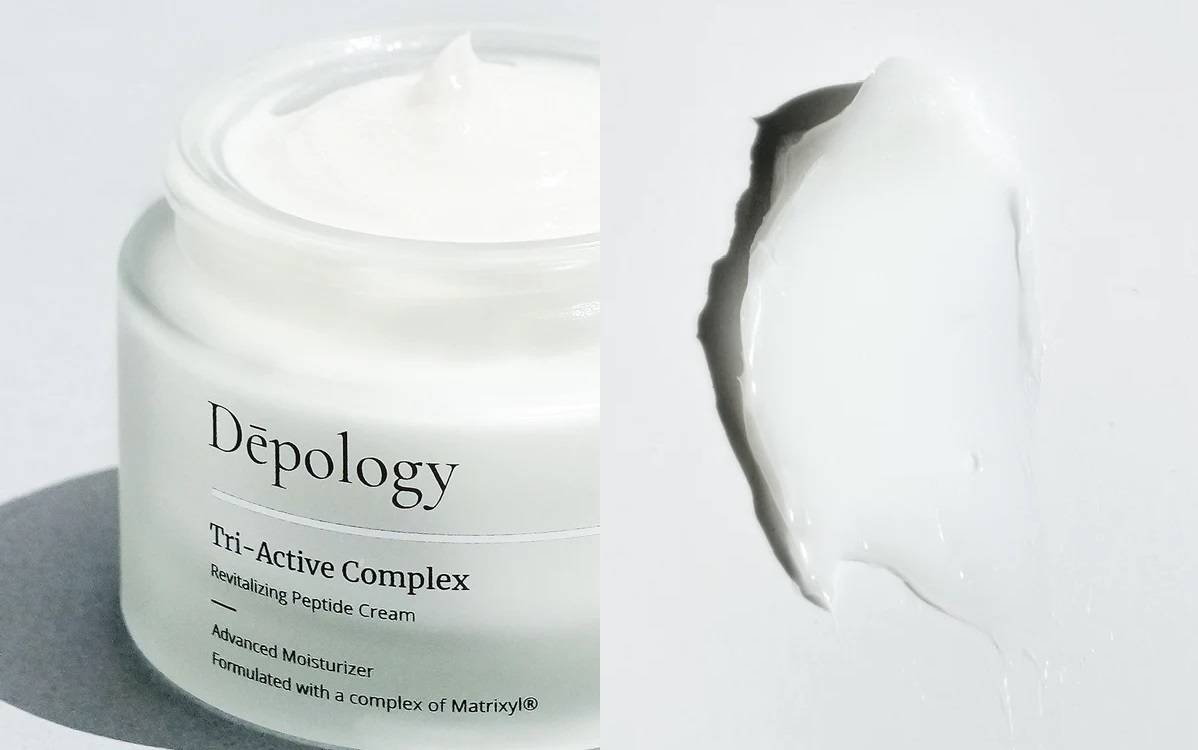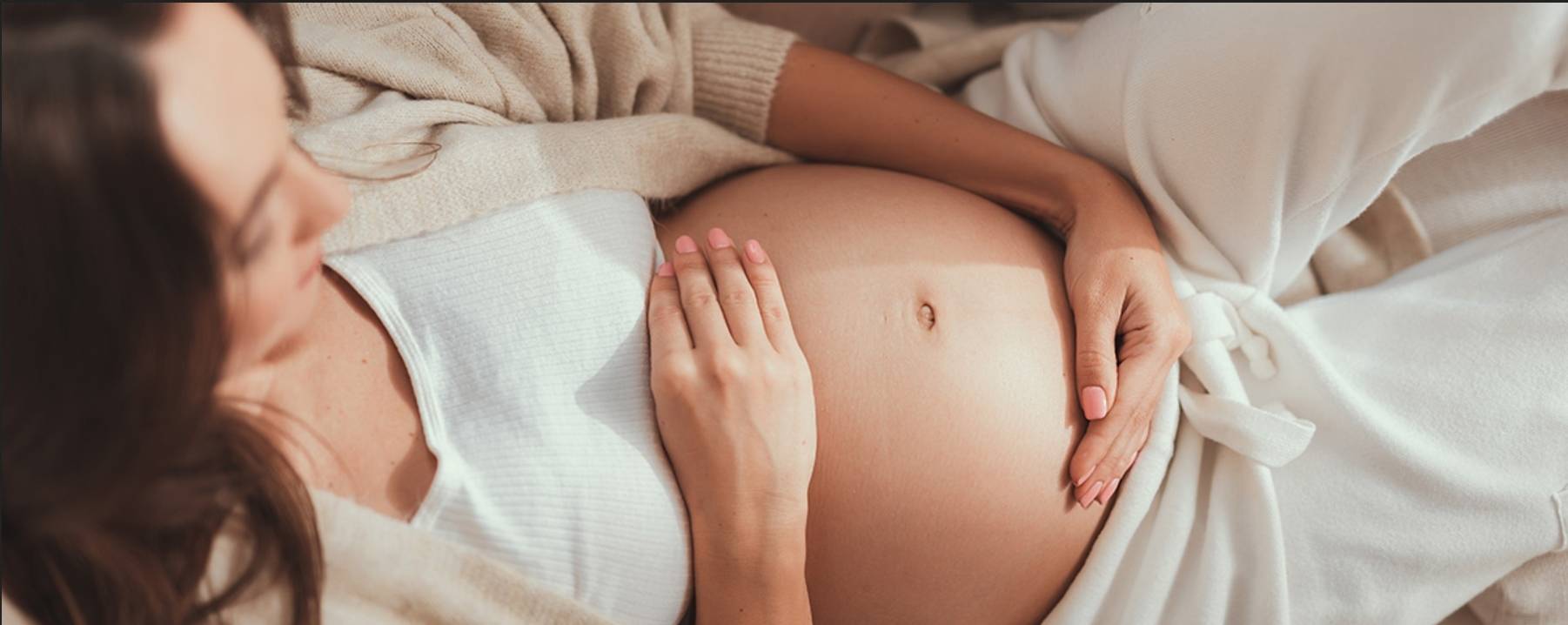
Can You Use Tretinoin During Pregnancy?
Intro
There are countless treatments available on the market today when it comes to a variety of skincare concerns. From aging skin to dark spots and skin sagging, there have never been more options, especially to perform at home, to help combat the unavoidable aging cycle.
A popular retinoid, tretinoin, has grown in popularity in recent years for its ability to increase collagen production, reduce the appearance of fine lines and wrinkles, and help treat and prevent acne formation, to name a few benefits. Being a prescription and Class C medication, meaning it is only recommended if the benefit of the product outweighs potential risks, it is not for everyone. Tretinoin can sometimes be irritating to some users, causing redness and skin flaking.
But what if you’re expecting and want to continue treating conditions such as acne? Is topical tretinoin safe to use during pregnancy, or should it be forgotten altogether?
What Is Tretinoin?
Belonging to the retinoid family, tretinoin is a Vitamin A derivative, typically applied to the skin as a topical treatment for skin conditions such as acne and redness. It may also be taken orally, depending on the individual’s preference or condition. Not to be confused with isotretinoin, this is a stronger retinoid that can be used to treat similar conditions and is therefore more potent and at risk of experiencing side effects when applied.
There continues to be little research into whether tretinoin is fully safe or dangerous to use while pregnant. Most studies have been conducted on pregnant rats, which were given high doses of tretinoin orally. The main conclusion was that it resulted in some birth defects, although these effects may not necessarily carry over to humans.
As opposed to tretinoin, which varies in the way it is consumed or absorbed by users, isotretinoin is typically taken orally. When ingested, both medications enter a person’s bloodstream at higher levels and isotretinoin has been known to lead to serious birth defects, including face, heart, and brain development.
Is Tretinoin Safe During Pregnancy?
Though no parent wants to experience birth defects during their pregnancy, birth defects are more common than you might think. One in 33 babies born in the United States experiences some type of birth defect or critical condition annually. That averages to a baby being born with a birth defect every four and a half minutes, an estimated 120,000 babies in total affected by these conditions.
Birth defects may be found while pregnant or after giving birth to the child. Most are found within the first year of a newborn’s life. While some defects are easy to notice and diagnose, others are more insidious and may require further testing to identify and potentially treat. These defects may be caused by a variety of factors, such as medical conditions or taking certain medications during pregnancy.
During the first three months of pregnancy, this is when the baby’s organs are developing. This stage is crucial to be aware of and tests should be performed regularly to ensure everything is normal. Though birth defects may not always be visible this early, it is important to do everything within your control to ensure the fetus develops with no issues. Regarding the use of tretinoin, there is little cause for concern, even if you recently used the product and discovered you were pregnant.
In most healthy adults, it takes as little as a day for tretinoin to fully pass through the system. Especially if this was administered topically, you have even less to be concerned about. There are not currently any links implying that men who use tretinoin are at an increased risk of low fertility, nor are topical medications of the Vitamin A derivative known to lead to an increase in birth defects or miscarriage.
Though there have been some reports of babies being born with birth defects after using tretinoin topically during pregnancy, there have been other skincare users that have reported no issues. This insinuates the chances of birth defects while using tretinoin are likely low, however, there is simply not enough research to know for sure if it can be recommended to continue using while pregnant.
To be on the safe side, you should avoid using tretinoin altogether until you have given birth. As more studies are performed in the future, scientists and medical professionals may receive further information for expecting mothers. Until then, it’s best to leave tretinoin in the medicine cabinet and seek alternative remedies for acne and inflamed skin for the next nine months, such as over-the-counter benzoyl peroxide or products containing azelaic, hyaluronic, and glycolic acid as active ingredients.
That being said, once you have given birth, you should be able to go back to using topical tretinoin immediately. There have been little to no studies conducted in regards to tretinoin usage during breastfeeding. Tretinoin passes through the body at a much smaller rate when applied on the skin, meaning the amount in your breast milk will be insignificant to cause any issues to the newborn.
Conclusion
Once you find out you are pregnant, you should halt any use of tretinoin immediately. Isotretinoin is confirmed to be fully avoided during pregnancy and tretinoin is more of a general recommendation to avoid as well. If you have uncertainties about what to use and discard for the next nine months of pregnancy, a medical provider will be able to answer your questions and provide alternative treatments for conditions such as acne while you are carrying.


